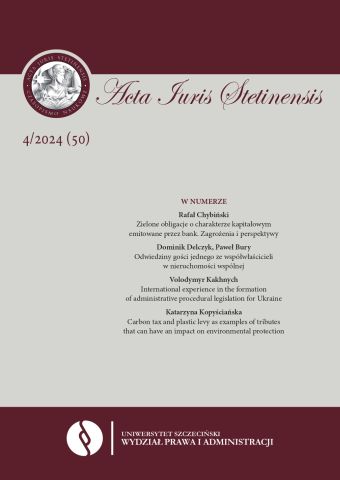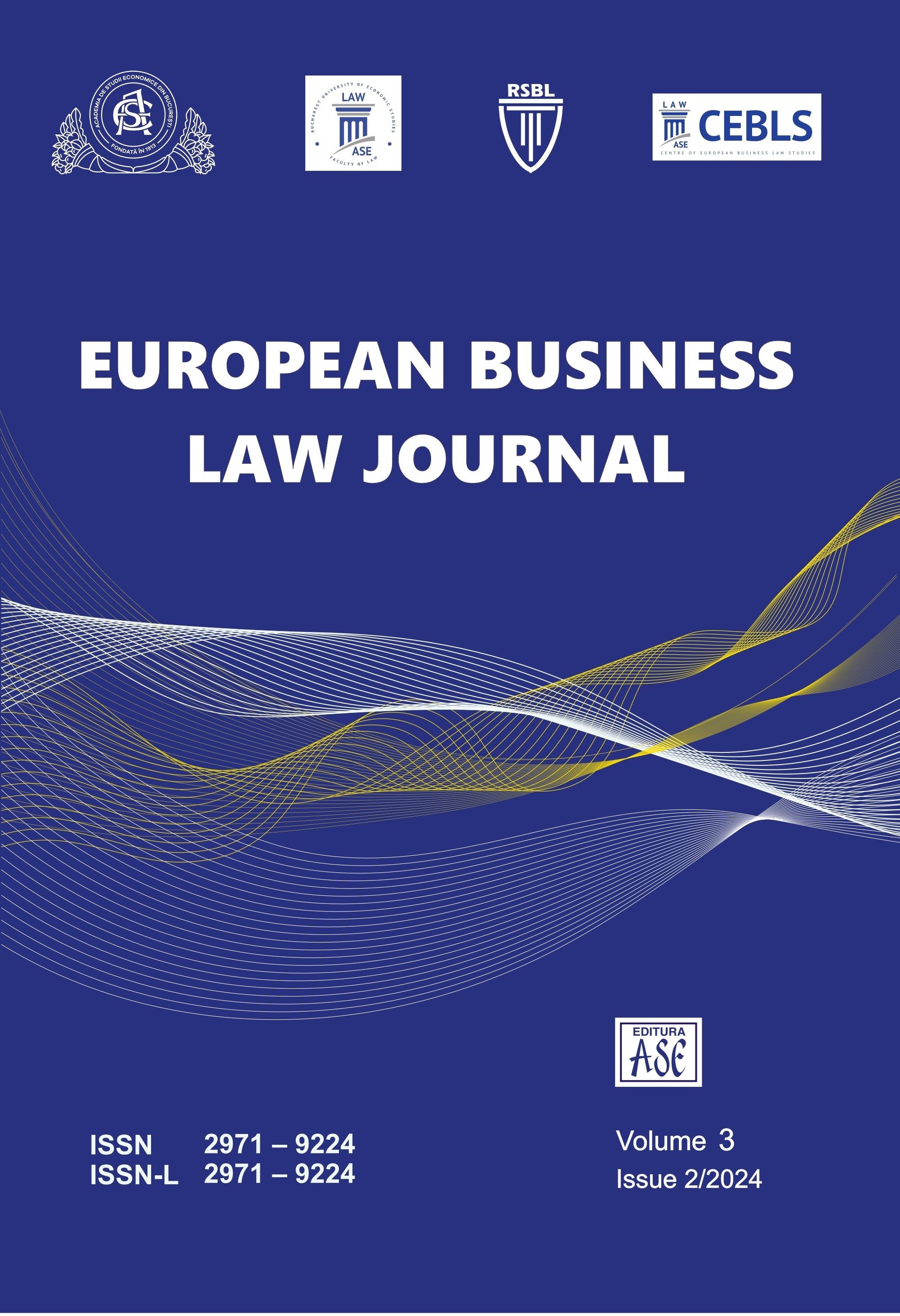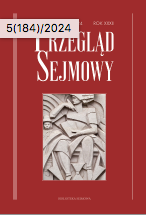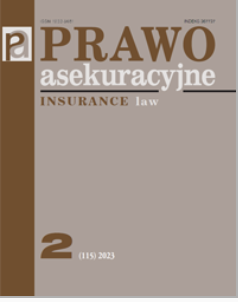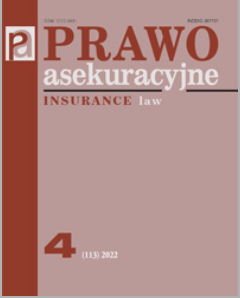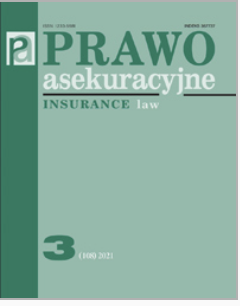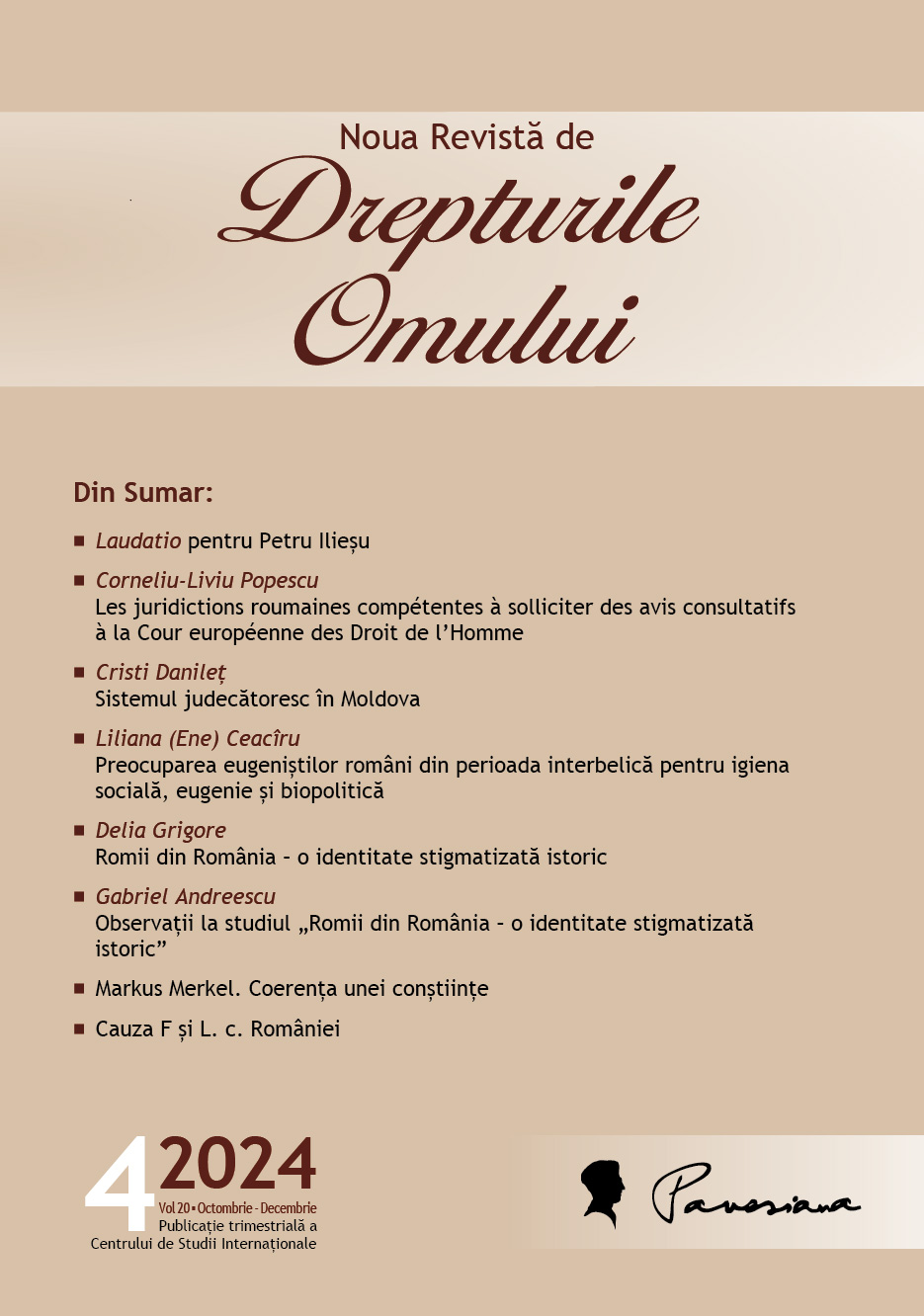
Суверенна Європа: перспективи та виклики для верховенства права
The article is based on the materials from the introductory online lecture by Professor Stefan Braum on the occasion of the opening of the Jean Monnet Chair "Advanced Study of EU Values and Law: The Ukrainian Context" at the Yaroslav Mudryi National Law University. Against the backdrop of Russia’s aggressive war in Ukraine, which violates international law, the article reflects on the legitimacy and practice of European sovereignty. The coordinates of sometimes conflicting concepts of sovereignty arise within the sovereignty matrix. One of the conclusions is that a just peace can only result from an unequivocal recognition of citizens’ right to self-determination within a democratic and constitutional framework—whether within or beyond the state’s borders.
More...
